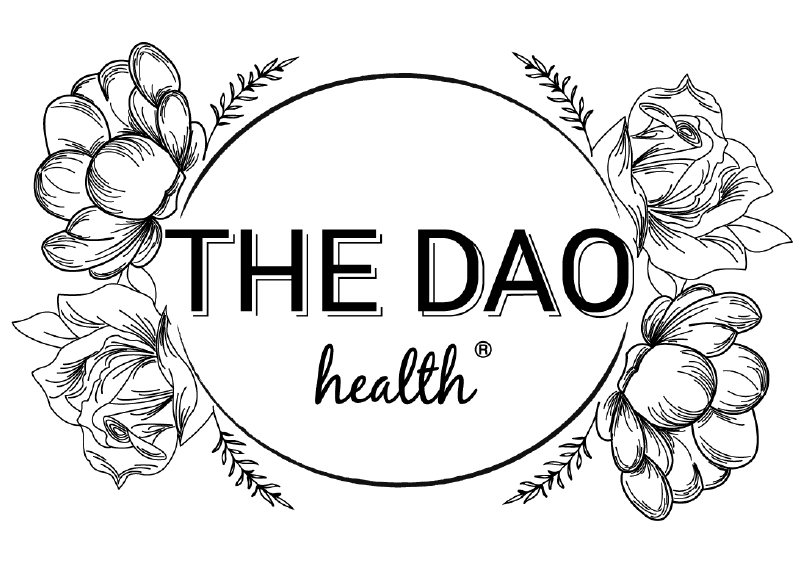The Importance of EPA/DHA Omega-3 Fish Oil For Your Health & Pregnancy
EPA (Eicosapentaenoic Acid) and DHA (Docosahexaenoic Acid) are long-chain unsaturated fatty acids that are important for cell membrane structure and function. EPA & DHA Fish Oil is best known for its anti-inflammatory effects on the body, but did you also know it is an essential fatty acid to support the growth of a healthy baby during pregnancy?
What is DHA?
DHA is the most unsaturated membrane fatty acid found in the body and it is made up of 30-40% of the phospholipids in the brain (cerebral cortex) and eyes (retina).
Some of the key benefits of EPA/DHA Omega-3 Fish Oil include;
- The prevention of cardiovascular disease (including; decreasing hypertension, hyperlipidemia, the prevention of coronary artery disease, and arrhythmia).
- Supports neural development and cognitive function (Best known for the prevention of Alzheimer’s Disease and Dementia
- Decreases Inflammation (decreasing the conversion of omega-6 fatty acids and other enzymes into proinflammatory markers responsible for pain and modulating cytokines).
DHA Deficiency
A deficiency of DHA will affect neurotransmission, inflammation, immunity, gene expression, and synaptic plasticity; a slow decrease in DHA is associated with the normal process of aging, thereby increasing DHA is thought to be associated with a decreased risk of Alzheimer’s disease and dementia.
DHA in Pregnancy
It has been shown through in vitro studies that supplementation of DHA during pregnancy can promote neurogenesis and brain development of babies in utero. Research has shown that infants who received prenatal DHA supplementation in utero had a significant improvement in memory, hand-eye coordination, and performance of problem-solving tasks.
Furthermore, a 2018 Cochrane review found that supplementation of Omega-3 Fatty Acids improved health outcomes in babies and their mothers, including a decrease in early-term and pre-term birth and a reduced risk of neonatal care admission and perinatal death.
Sources of DHA
Whilst DHA and EPA are commonly called essential fatty acids; they can be found in the body through a conversion process of acids; these conversion processes can be very slow and may be inadequate in some circumstances. The most common dietary source of DHA is found in marine fish (salmon, herring, sardine, caviar), shellfish, and algae. The degree of dietary intake of DHA is often not sufficient to meet the necessary daily requirements, even more so in pregnancy, thereby supplementation of DHA in the form of high-quality omega-3 EPA/DHA Fish Oil is often recommended.
References:
https://journals.plos.org/plosone/article?id=10.1371/journal.pone.0120391
https://pubmed.ncbi.nlm.nih.gov/16424216/
https://pubmed.ncbi.nlm.nih.gov/17101822/
https://pubmed.ncbi.nlm.nih.gov/17556695/
https://www.cochrane.org/CD003402/PREG_omega-3-fatty-acid-addition-during-pregnancy
~
By Clarice Berry


